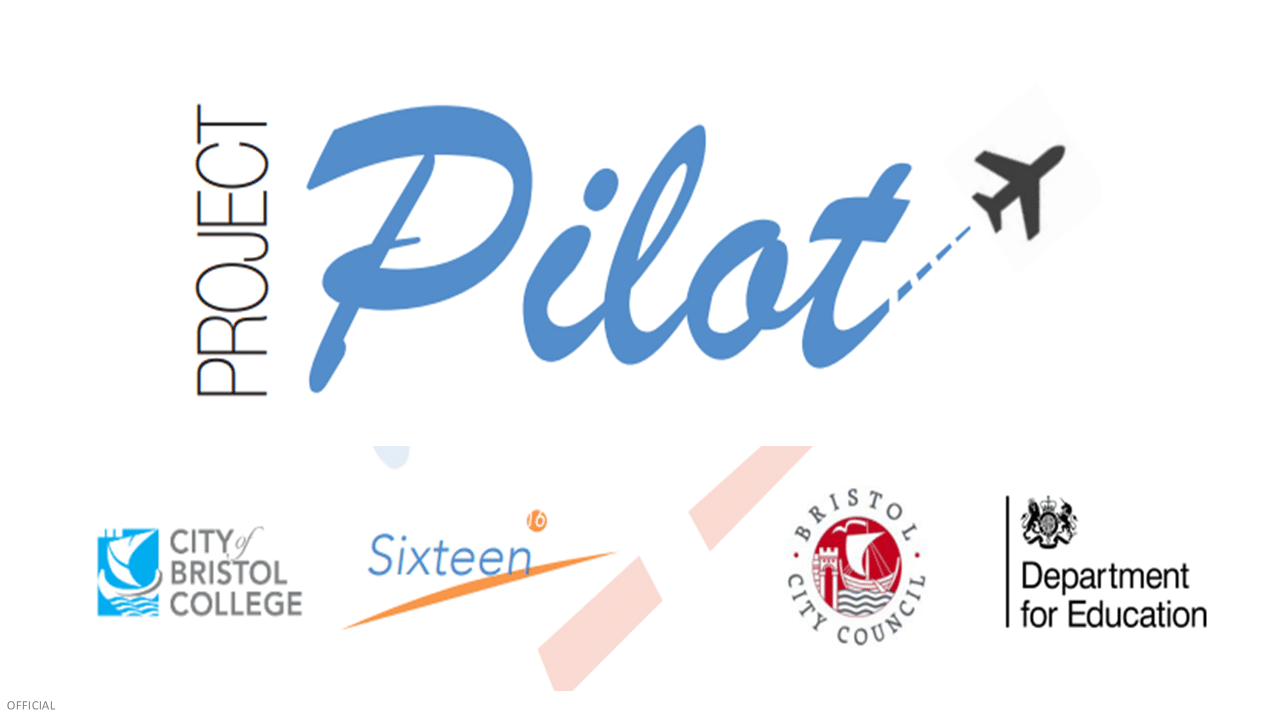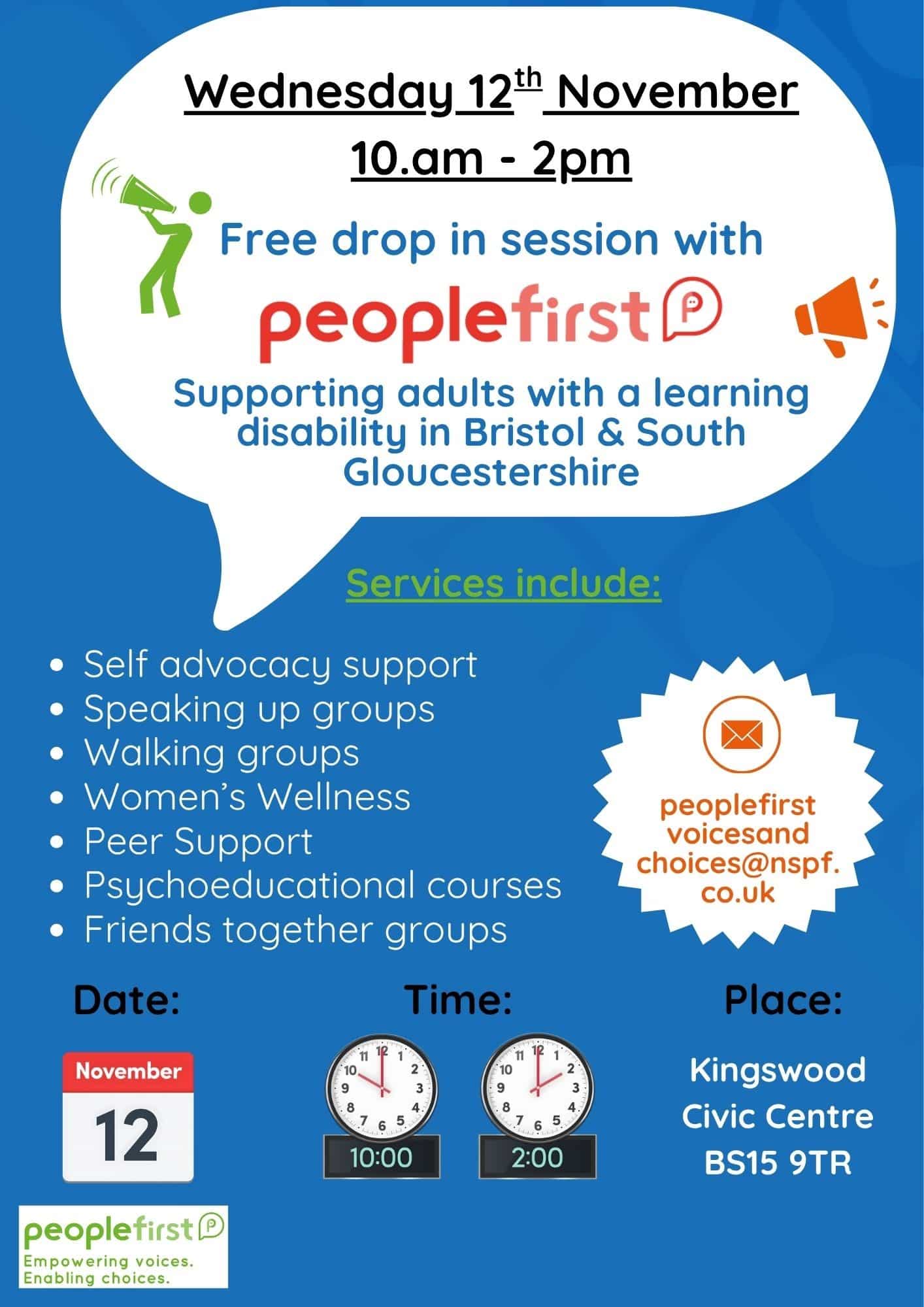Reasonable Adjustments for an inclusive workplace
October 23, 2024

When a person with a learning disability works, they may need changes in the workplace to help them do their job well. These changes are called reasonable adjustments. Through the Equality Act 2010, employers need to make these adjustments. This ensures that people with learning disabilities are not at a disadvantage compared to other people in the workplace.
What are reasonable adjustments?
Reasonable adjustments are small changes to the workplace, the way a job is done or how tasks are managed to support a person with a disability. These changes can make it easier for them to apply for a job, succeed in it and feel more confident in their role.
Here are some examples of reasonable adjustments:
- Clear instructions and extra support: People with learning disabilities may need tasks explained in a simple way or broken down into smaller steps. Employers can provide clear, step-by-step instructions, which can help the person understand what is expected. Additionally, job coaches or support workers can be introduced to provide guidance and help where needed.
- Flexible working hours: Some people may need flexible work times. This could mean starting or finishing work at different times or having breaks throughout the day to manage tasks better. Flexibility in the workplace allows individuals to work when they are most productive and comfortable.
- Assistive technology: Special equipment or tools can make a big difference. For example, someone who finds reading difficult might use screen readers that read text aloud. Other tools, like voice recognition software, can help them type using their voice instead of their hands. Find out more here Our Programmes | AutonoMe – Unlocking independence
- Modified job roles and job carving: Sometimes, a person may struggle with certain parts of a job. Employers can remove or change non-essential duties that are difficult for the person, allowing them to focus on the tasks they can do well. This ensures that the person can still contribute meaningfully without feeling overwhelmed.
- Simplified application and interview process: Applying for jobs and attending interviews can be stressful for someone with a learning disability. Employers can adjust the recruitment process by using simpler application forms or offering job trials instead of formal interviews. Working Interviews also offer employees a chance to ‘try out’ a workplace. It allows employers an opportunity to view their potential new employee in action on the job thereby allow them a chance to show their skills rather than just answering questions.
- Extra training and time: People with learning disabilities may need more time to learn new tasks or use new equipment. Employers can provide extra training sessions, allowing them to practice and learn at their own pace. This ensures they are confident in their work. Assistive Tech and AI can provide an additional layer of support here, allowing workers a chance to have training information presented in Easy Read, pictorial or in spoken formats.
- Physical adjustments in the workplace: If necessary, changes can be made to the physical environment, such as adjusting lighting, setting up quiet areas, or making the workspace more organised. This helps reduce distractions and make it easier for the person to focus on their work. Many of these changes are easy to make, don’t cost much and benefit more people than workplaces think.
- In work support: The support of a Job Coach can be invaluable for a person with a learning disability to learn their job tasks and settle into their role. Access to Work can fund in work support. WE Work is partnered with a number of local organisations whose Job Coaches support our participants in the workplace. Their role ensures participants settle into work and stay in their jobs for longer.
Why are reasonable adjustments important?
Reasonable adjustments help people with learning disabilities feel included, valued and able to do their job well. When employers make these changes, they create a more inclusive workplace where everyone has the chance to succeed. These adjustments are often simple and cost little but can have a big impact on a person’s ability to work confidently.
If you or someone you know needs adjustments at work, it is important to talk to your employer. Discussing what would help and finding the right adjustments ensures a positive experience for both the employee and the employer.
Want to read more?
Read more here Microsoft Word – Document5 (mencap.org.uk), here https://www.mencap.org.uk/sites/default/files/2019-11/2019.097%20LDWW2019_Factsheets_v2.pdf and here Reasonable Adjustments in the Workplace | Celebrating Disability






